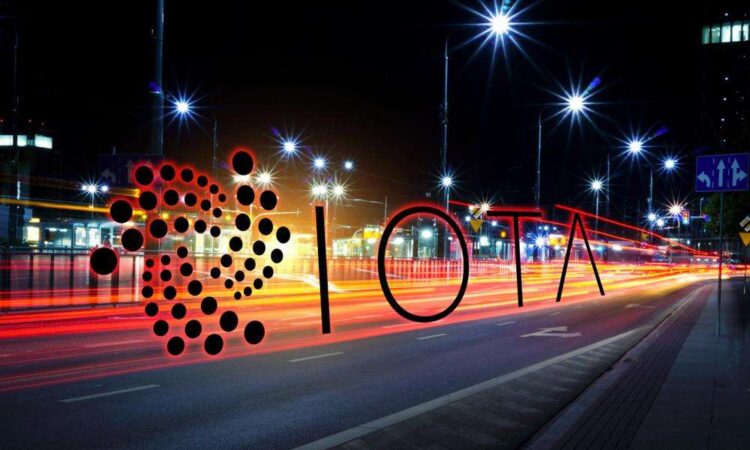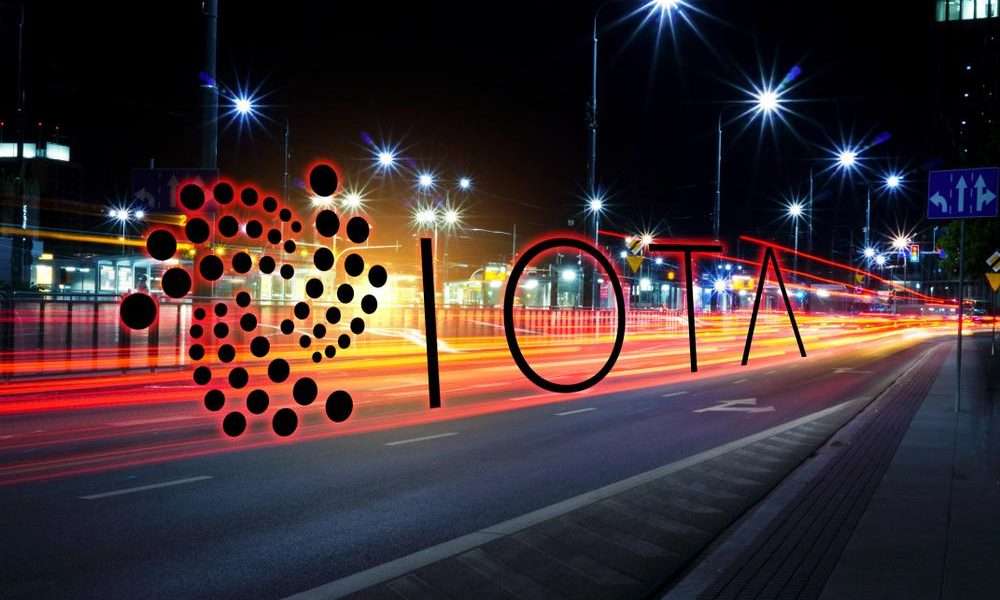Institutional DeFi Project Chooses IOTA for Development, Citing Tangle’s MiCA and Law Compliance as Key Factors


- IOTA co-founder said that an institutional DeFi project is looking to work with IOTA due to its strong regulatory focus.
- IOTA is actively collaborating with European lawmakers to comply with the MiCA rules which are setting global standards for crypto regulations.
The IOTA Foundation has been making important developments with respect to building its IOTA 2.0 architecture as well as pushing other developments for the Shimmer network. The good thing about IOTA is that they have been proceeding with further developments in tune with the regulatory developments.
As a result, new projects are willing to get associated with the IOTA ecosystem. In his recent conversation on the Discord channel, IOTA co-founder Dominik Scheiner said that IOTA is perfectly ready for world adoption while following all regulations.
He also noted that they had a successful discussion with an institutional DeFi project which has shown interest in building on IOTA since it is the only European Layer 1 having a very strong regulatory focus.
This is not a sprint, it’s a marathon! And we are here for the future of #IOTA 🔥 @DomSchiener pic.twitter.com/Efkz1V5qai
— Tangleverse (@TangleverseWeb) June 10, 2023
The IOTA foundation is actively working on implementing the IOTA 2.0 framework and making its node software fully decentralized. They have also submitted a proposal to the European Parliament to create rules for preventing money laundering and terrorism financing when using digital assets.
The proposal suggests making important changes to address the inconsistencies between different regulations related to fund transfers, crypto assets, and anti-money laundering.
Navigating Through the Crypto Landscape and MiCA Laws
In May, the European Union officially signed a new regulation called Markets in Crypto Assets (MiCA) into law. This regulation will come into effect in a few weeks after it is published in the official journal of the European Union, which is expected to happen in June.
MiCA will provide licenses to cryptocurrency exchanges and wallet providers, allowing them to operate in all 27 EU countries. It will also require stablecoin issuers to hold sufficient reserves. These requirements will be implemented within 12 to 18 months after the regulation becomes active.
The proposal for MiCA was introduced by the European Commission in 2020. It caused some controversy when lawmakers discussed including rules related to the environment that could potentially impact the proof-of-work technology used by Bitcoin.
IOTA is actively collaborating with European lawmakers to comply with the MiCA rules. Additionally, they are expanding their presence in other regions like the UAE to promote Internet of Things (IoT) and decentralized finance (DeFi) activities.
Europe Setting Global Standards for Crypto Regulation
Like the rest of the European Union, crypto investors and entrepreneurs in Germany are eagerly anticipating the implementation of the Act, which will come into effect after an 18-month transition period.
Although the rules will apply in Germany, with some significant changes, certain provisions of the Act are already in effect. Despite this, the response from the German crypto industry has been mostly positive.
The Digital Association, known as “Bitkom,” hailed the regulation as a significant achievement in a press release, stating:
Europe is leading the way with this new technology. With the MiCA regulation, Europe is establishing a global standard for regulating cryptocurrencies. It will create a fair playing field for crypto service providers throughout Europe and promote trust in the industry.
No spam, no lies, only insights. You can unsubscribe at any time.
Crypto News Flash does not endorse and is not responsible for or liable for any content, accuracy, quality, advertising, products, or other materials on this page. Readers should do their own research before taking any actions related to cryptocurrencies. Crypto News Flash is not responsible, directly or indirectly, for any damage or loss caused or alleged to be caused by or in connection with the use of or reliance on any content, goods, or services mentioned.







